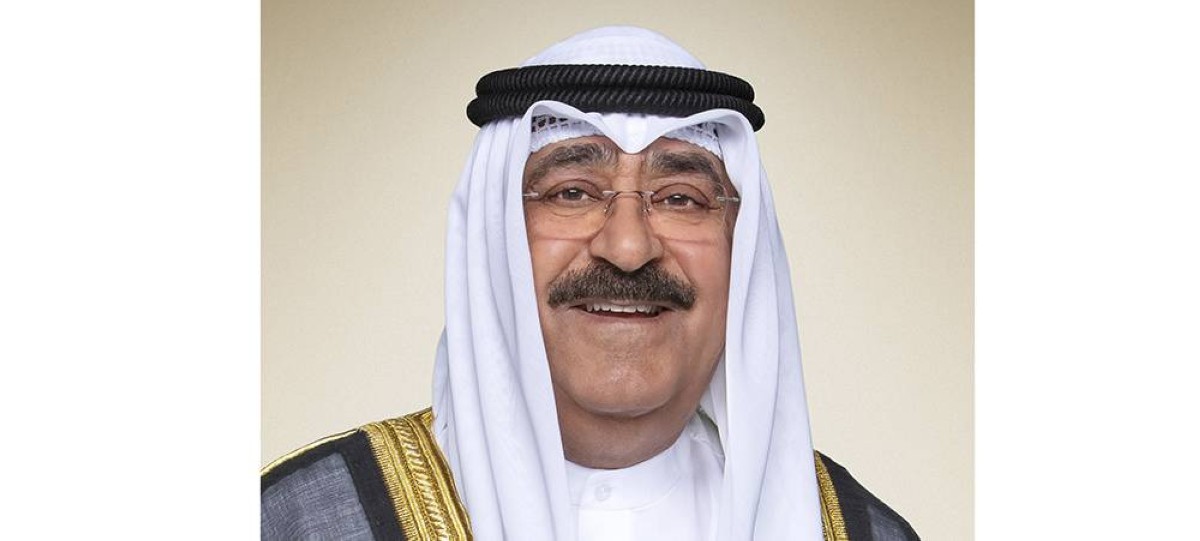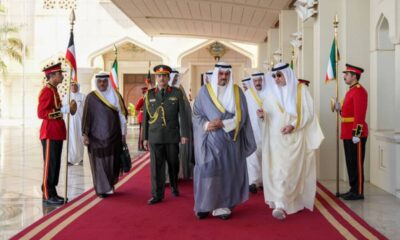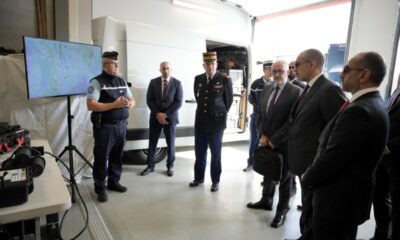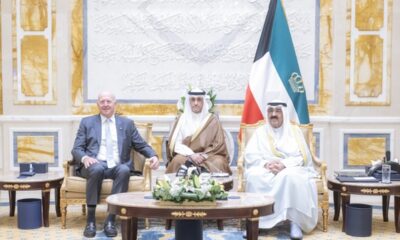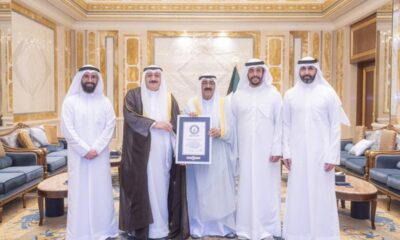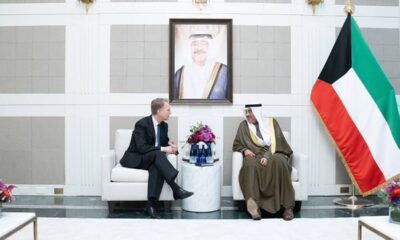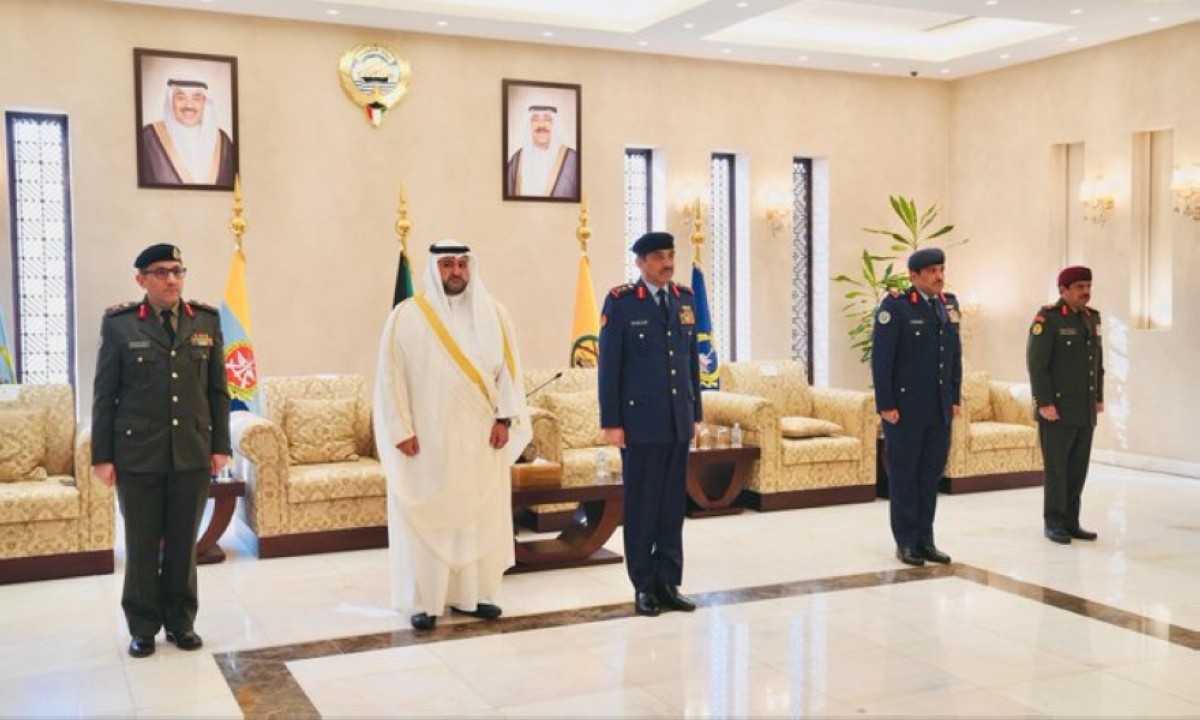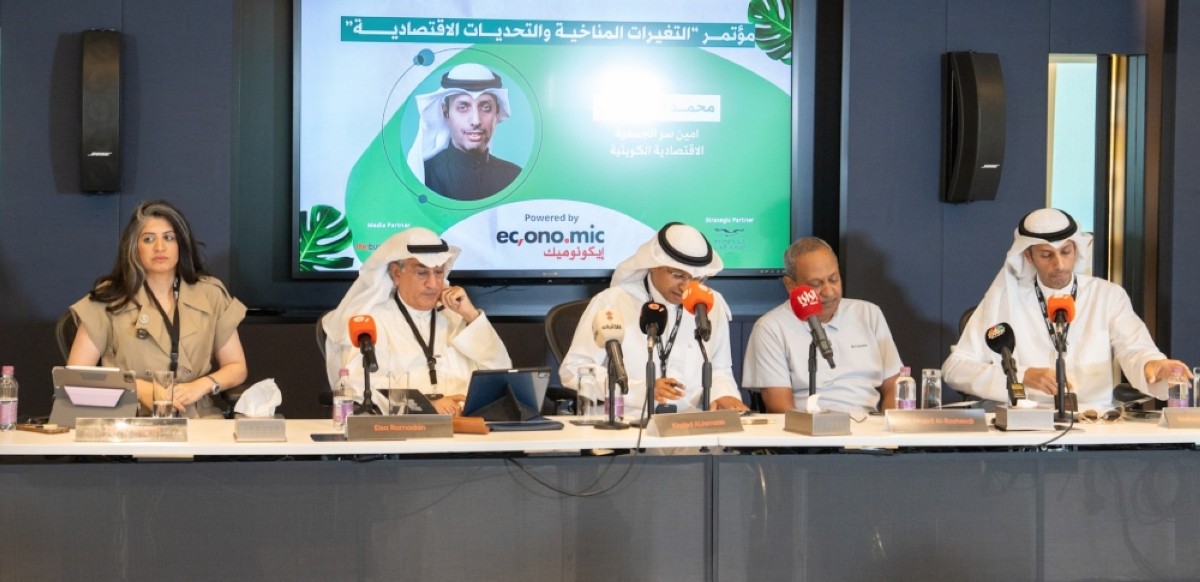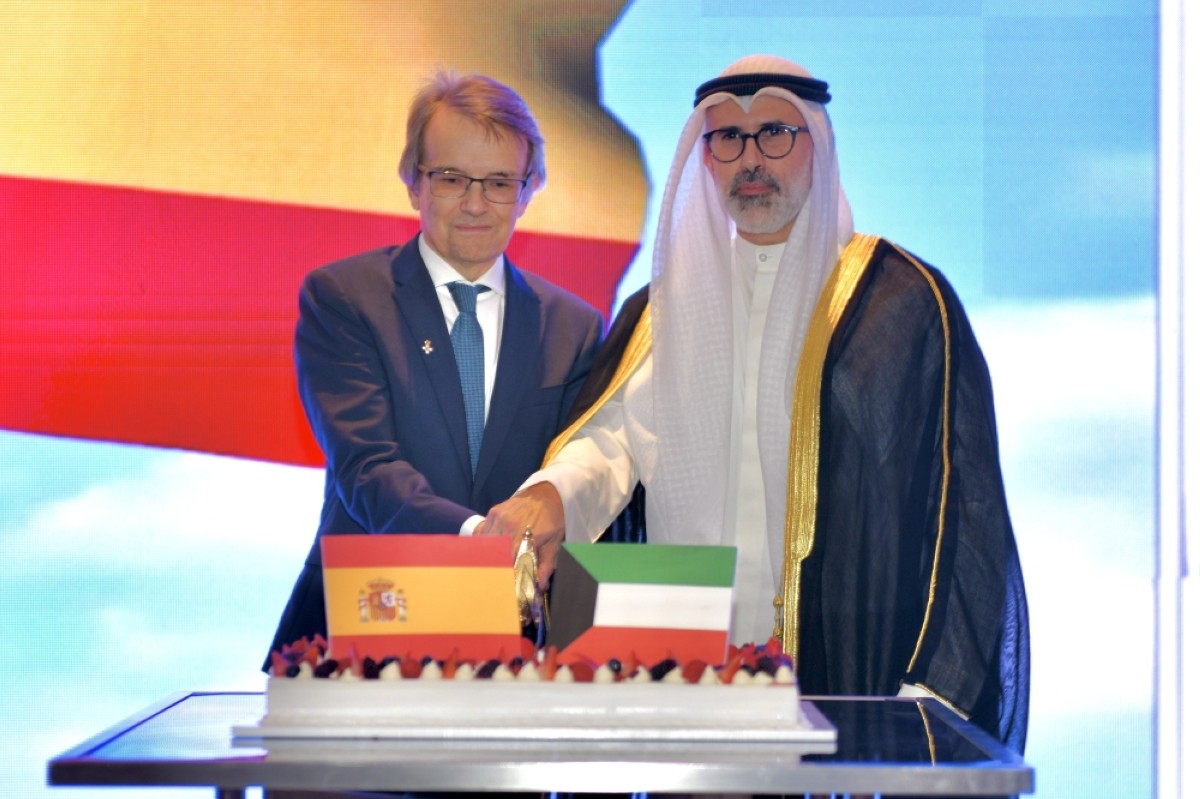KUWAIT: His Highness the Amir Sheikh Meshal Al-Ahmad Al-Jaber Al-Sabah is set to embark on an official visit to France on Sunday, marking his first such visit to the European nation since assuming office. The visit underscores the deep-rooted ties between Kuwait and France and reflects the mutual desire of both nations’ leaderships to further enhance cooperation across various fields. Kuwaiti-French relations date back to August 28, 1961, when Paris designated its ambassador in Beirut as its envoy to Kuwait and established commercial representation in the Gulf state.
Diplomatic relations were formally established in 1967, paving the way for decades of growing partnership. Over the past seven decades, bilateral ties have witnessed consistent development, reaching a peak during the 1990 Iraqi invasion of Kuwait. France, under the leadership of the late President François Mitterrand, strongly condemned the aggression, affirming Kuwait’s sovereignty as non-negotiable and dispatching 18,000 troops to join the international coalition for Kuwait’s liberation.
Throughout the years, senior leaders from both sides have exchanged visits to reinforce this robust partnership. The late Amir Sheikh Jaber Al-Ahmad Al-Jaber Al-Sabah visited France on multiple occasions, most notably in September 1989 to strengthen cooperation, and again in October 1990 and October 1991 to rally support and express gratitude for France’s firm stance during Kuwait’s occupation. In November 2006, he held talks in Paris with then-President Jacques Chirac, focusing on advancing bilateral ties.
In January 2017, the then First Deputy Prime Minister and Minister of Foreign Affairs Sheikh Sabah Khaled Al-Hamad Al-Sabah participated in the Paris-hosted international peace conference on the Middle East. More recently, on April 24, French Minister for Europe and Foreign Affairs Jean-Noël Barrot visited Kuwait and held discussions with Foreign Minister Abdullah Al-Yahya, resulting in the signing of several agreements and memoranda of understanding across a range of sectors.
The Kuwait Embassy in Paris also took part in the Gulf Vision Conference 2025, held under the patronage of French President Emmanuel Macron. The event aimed to deepen France’s engagement with GCC countries amid evolving global economic dynamics and shared aspirations for broader economic cooperation. France remains one of Kuwait’s major European partners and investors, particularly in energy, infrastructure, transport, health and cosmetics.
French companies represent nearly half of all European firms operating in Kuwait. Bilateral agreements have laid a strong foundation for cooperation, beginning with a taxation treaty signed in 1973 and a landmark investment protection agreement ratified in 1989. In June 2017, both sides signed a protocol for implementing tax treaty measures. France is also a leading exporter to Kuwait in sectors such as luxury goods, automotive, food, aviation, and personal care. On the defense front, France is considered a key strategic ally. In August 1992, Kuwait and France signed a comprehensive defense agreement that includes provisions for mutual defense against external threats, joint military exercises, and exchange of expertise. A further agreement was signed in December 2006 to reinforce defense cooperation. In the health sector, collaboration has been growing steadily. A delegation from Nice University recently visited Kuwait to explore avenues for medical cooperation and knowledge exchange. In April 2025, Minister of Health Dr Ahmad Al-Awadhi signed a memorandum of understanding with France’s renowned Gustave Roussy Hospital.
Scientific and cultural collaboration also forms a cornerstone of bilateral relations. Several agreements have been signed to boost the number of Kuwaiti students in French universities, promote joint cultural initiatives, and facilitate academic and artistic exchange. The upcoming visit by His Highness the Amir is expected to further consolidate these historic ties and open new avenues for strategic cooperation between the two nations. — KUNA




